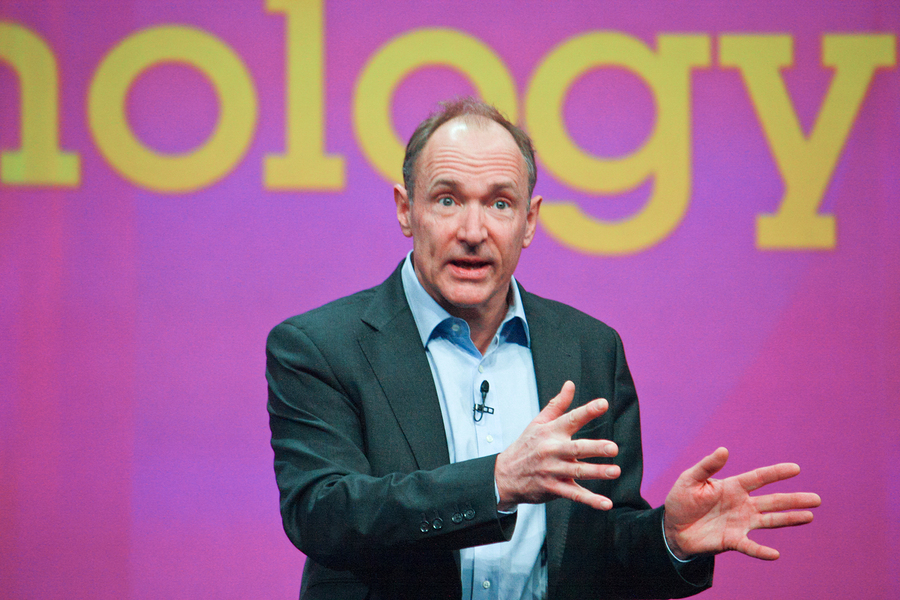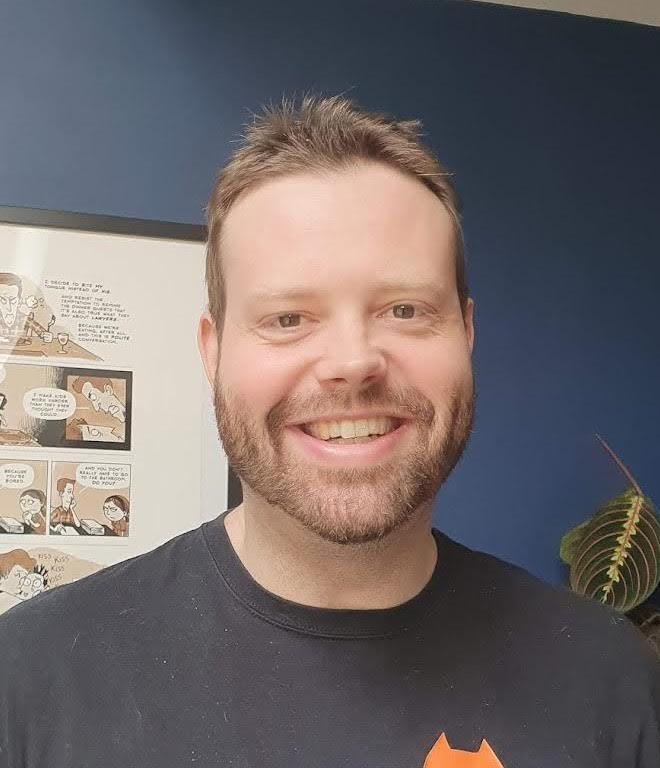Tim Berners-Lee: Google and Facebook are helping to weaponise the web
World Wide Web founder highlights the myriad problems with our online world


Today, the World Wide Web turns 29 years old. That's worth highlighting because the companies that define our digital lives are all significantly younger. Google is 20, Facebook is 14, and Twitter is just 12. Yet it is these companies, plus the likes of Amazon (24), which have unprecedented control over how our internet operates. They have found themselves in a position where they're ultimately bigger than the elected officials entrusted with keeping them in check.
On the 29th birthday of his invention, Tim Berners-Lee has outlined the major problems we need to overcome to wrestle our internet back from monopolies, and make it closer to the utopian ideal he envisaged back in 1989.
"While the problems facing the web are complex and large, I think we should see them as bugs: problems with existing code and software systems that have been created by people - and can be fixed by people," Berners-Lee writes on the World Wide Web Foundation website. "Create a new set of incentives and changes in the code will follow."
A case for regulation
That may have to involve regulation, he believes. "What was once a rich selection of blogs and websites has been compressed under the powerful weight of a few dominant platforms," Berners-Lee laments. "This concentration of power creates a new set of gatekeepers, allowing a handful of platforms to control which ideas and opinions are seen and shared.
"These dominant platforms are able to lock in their position by creating barriers for competitors," he continues. "They acquire startup challengers, buy up new innovations and hire the industry's top talent. Add to this the competitive advantage that their user data gives them and we can expect the next 20 years to be far less innovative than the last."
This concentration of power makes it possible to "weaponise the web at scale," evidenced by the spread of conspiracy theories, fake social media accounts designed to sow discord, state-level interference in elections and cybercriminals able to steal "troves of personal data."
But Berners-Lee believes that the companies which have become the web's gatekeepers cannot be relied on to fix the problem, thanks to loyalty to their shareholders rather than society at large. "A legal or regulatory framework that accounts for social objectives may help ease those tensions," he writes.
Get the ITPro daily newsletter
Sign up today and you will receive a free copy of our Future Focus 2025 report - the leading guidance on AI, cybersecurity and other IT challenges as per 700+ senior executives
An unequal web
The rest of Berners-Lee's letter contends with global inequality of internet access, focusing on those who aren't connected, and those who only nominally are. While this is the year we'll pass the tipping point where over half the world's population is online, a big question mark remains on how the second part joins the party - assuming it remains an aspiration worth keeping.
Berners-Lee remains clear that it is: "To be offline today is to be excluded from opportunities to learn and earn, to access valuable services, and to participate in democratic debate," he writes. "If we do not invest seriously in closing this gap, the last billion will not be connected until 2042. That's an entire generation left behind.
"We must support policies and business models that expand access to the world's poorest through public access solutions, such as community networks and public Wi-Fi initiatives. We must invest in securing reliable access for women and girls, and empowering them through digital skills training."
Securing these internet connections is important to Berners-Lee, because "the future of the web isn't just about those of us who are online today, but also those yet to connect.
"Two myths currently limit our collective imagination: the myth that advertising is the only possible business model for online companies, and the myth that it's too late to change the way platforms operate. On both points, we need to be a little more creative," he writes towards the end of the letter. "Let's assemble the brightest minds from business, technology, government, civil society, the arts and academia to tackle the threats to the web's future.
"At the Web Foundation, we are ready to play our part in this mission and build the web we all want. Let's work together to make it possible."
You can read the full blog post here.
Picture: Bigstock
After a false career start producing flash games, Alan Martin has been writing about phones, wearables and internet culture for over a decade with bylines all over the web and print.
Previously Deputy Editor of Alphr, he turned freelance in 2018 and his words can now be found all over the web, on the likes of Tom's Guide, The i, TechRadar, NME, Gizmodo, Coach, T3, The New Statesman and ShortList, as well as in the odd magazine and newspaper.
He's rarely seen not wearing at least one smartwatch, can talk your ear off about political biographies, and is a long-suffering fan of Derby County FC (which, on balance, he'd rather not talk about). He lives in London, right at the bottom of the Northern Line, long after you think it ends.
You can find Alan tweeting at @alan_p_martin, or email him at mralanpmartin@gmail.com.
-
 Should AI PCs be part of your next hardware refresh?
Should AI PCs be part of your next hardware refresh?AI PCs are fast becoming a business staple and a surefire way to future-proof your business
By Bobby Hellard Published
-
 Westcon-Comstor and Vectra AI launch brace of new channel initiatives
Westcon-Comstor and Vectra AI launch brace of new channel initiativesNews Westcon-Comstor and Vectra AI have announced the launch of two new channel growth initiatives focused on the managed security service provider (MSSP) space and AWS Marketplace.
By Daniel Todd Published